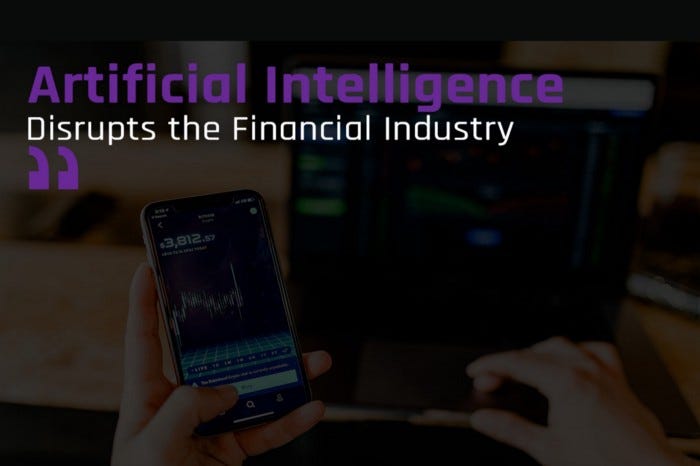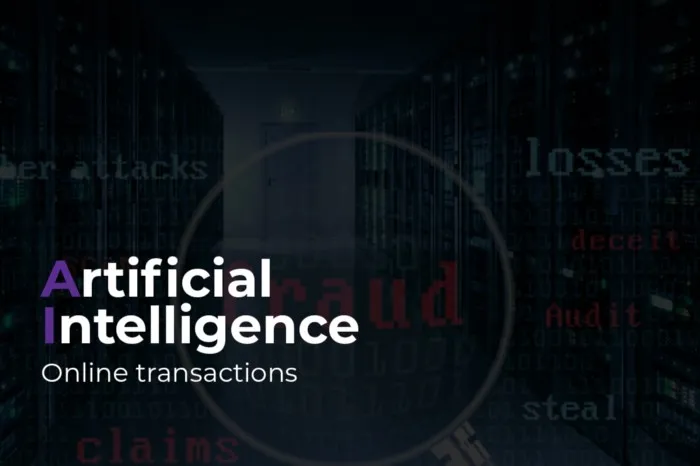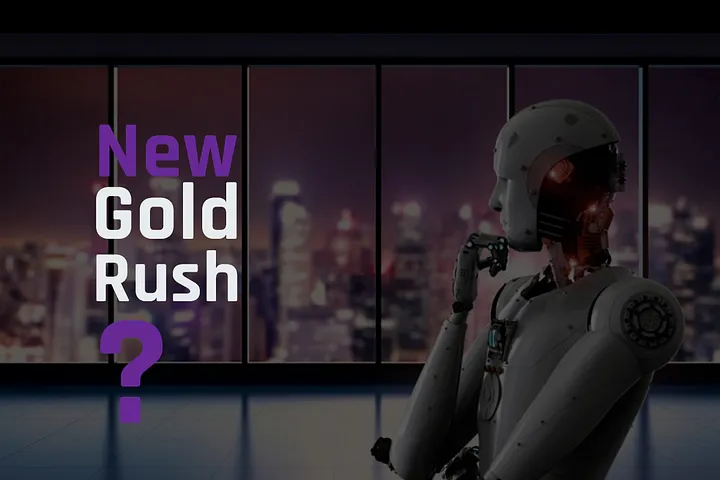
Balancing the Scales: Weighing the Advantages and Risks of Central Bank Digital Currency
Imagine a world where money exists solely as digital code, and transactions are lightning-fast, low-cost, and secure. This could be the reality with the widespread implementation of Central Bank Digital Currency (CBDC), a new form of money that is being actively explored by central banks around the world. While the concept of digital currency is not new — cryptocurrencies like Bitcoin and Ethereum have been around for years — CBDCs are unique in that they are issued and regulated by central banks, creating a digital representation of a country’s national currency.

A Paradigm Shift in the Blockchain Universe. Embracing Proof-of-Stake as the New Norm
As we gaze into the future of blockchain technology, one can’t help but imagine a world where energy efficiency, decentralization, and scalability become the hallmarks of digital currency networks. As Proof-of-Work (PoW) consensus mechanisms, which have powered cryptocurrencies like Bitcoin for over a decade, face increasing scrutiny over their environmental and economic sustainability, it seems inevitable that Proof-of-Stake (PoS) and its variants will take center stage in the coming years. But what will this paradigm shift mean for the blockchain ecosystem and the future of digital currencies?
Continue reading
Artificial Intelligence Disrupts the Financial Industry
Artificial Intelligence (AI) chess gamers and poker players have already proven they could beat human masters. What’s to stop AI from doing the same with financial markets? What happens when AI becomes a portfolio player?
Continue readingRecent posts

How Artificial Intelligence Improves Online Transactions
Online payments are set to increase 11% per year between 2015 and 2020 according to a report from Cap Gemini & BNP Paribas. Companies that accept online payments and transactions are forced to face users’ concerns about accuracy and fraud. PayPal and QuickBooks, for example, have added an extra layer of security protection to their login process. They text an access code to the phone number a user has on record in their account; which identifies the person who is in possession of the phone as the account holder. This is a great enhancement, but it is does not use the more sophisticated solutions companies should be looking to implement using Artificial Intelligence (AI).
Continue reading
Can Artificial Intelligence Bring a New Gold Rush?
The “low hanging fruit” of gold deposits are long gone. The California gold rush peaked in 1849, and all easy-access gold in the United States has since been mined. Today there are still companies that mine for ore and precious minerals, but the work is more complex and dangerous. To minimize obstacles, mining companies are seeking help from Artificial Intelligence (AI) technology.
Continue readingAbout
A blog about AI and technology typically covers the latest advancements in artificial intelligence, cyber security, robotics, and other cutting-edge technologies.